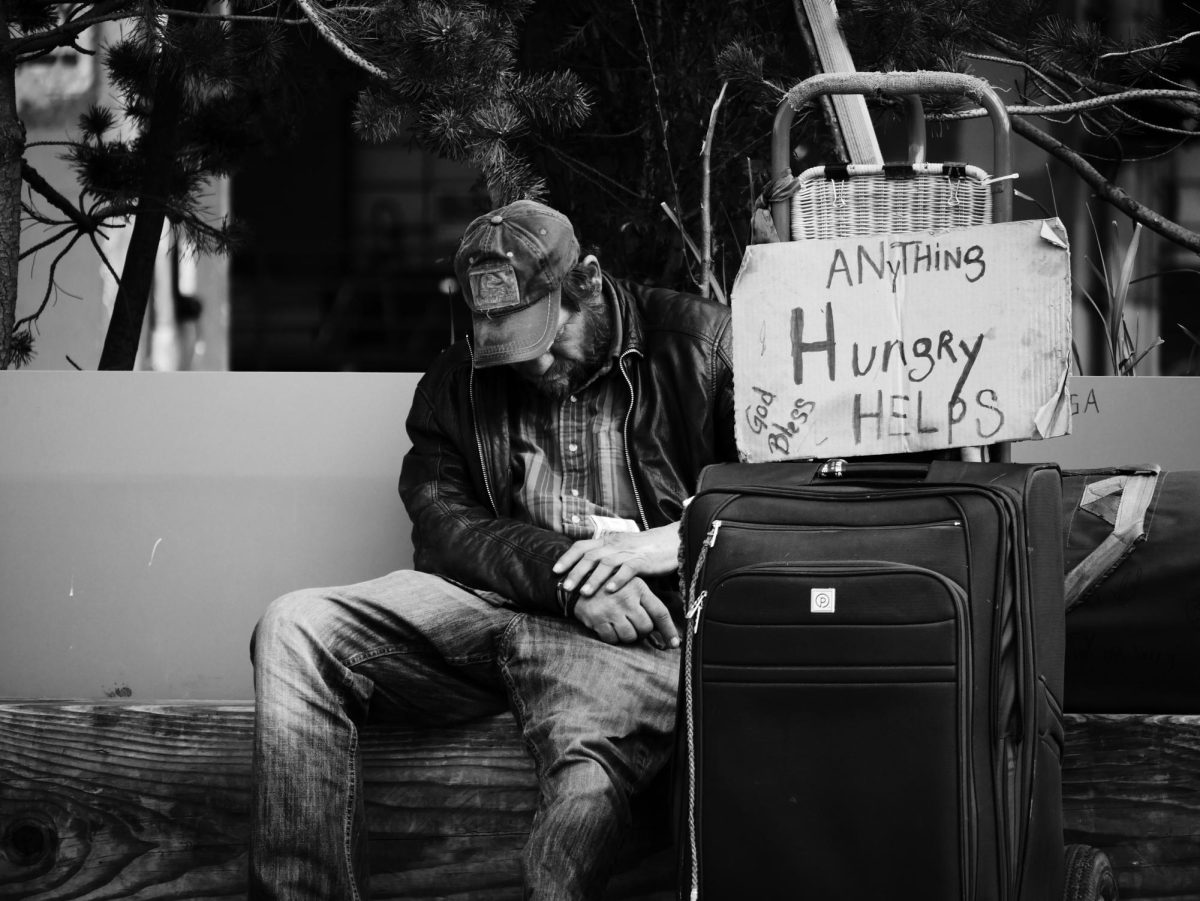We live in a time where everyone is so obsessed with judging individual choices that we end up putting all our energy into hating each other that we forget to hate those truly responsible for our problems.
A great example of this is the well-worn question of whether it’s ethical to steal bread to feed a starving family. Why is it that we overlook the more important question to be asked: Is it ethical for someone to hoard bread while families are starving?
Instead of placing blame on the individuals who were failed by the system, we should instead examine the ethics of the system who failed them. Instead of shaming those at the bottom, we should be more abhorrent of those at the top, who benefit from and perpetuate these systems.
Historically, ethical debates have often zoomed in on individual actions, such as the hypothetical scenario of stealing bread to survive. These discussions tend to operate in a vacuum, focusing on the morality of actions without considering the system that necessitates such choices. This narrow lens can inadvertently shift the blame to individuals,, rather than addressing the root causes of these ethical problems.
The correct way to approach one of these ethical dilemmas is to zoom out and question why these scenarios exist in the first place. The real ethical dilemma lies not in the desperate acts of those struggling to survive but in the mechanisms of a system that allows, and sometimes even encourages, the hoarding of resources.
The system we live in was built on inequalities and it enables a small fraction of the population to accumulate wealth and resources far beyond their needs while leaving others in dire straits. The crazy part is that instead of being loathful towards those who exploit others we reward them and put them on the covers of magazines.
Why is it that society scrutinizes the actions of those with the least, rather than questioning the ethics of those with most?
The narrative that those with little just need to work harder conveniently ignores how systemic barriers and a skewed distribution of resources make it hard for those with little to have anything
It’s time we reexamine the responsibility of those who benefit most from the system. The ethics of resource distribution are not just about hoarding but also about the elite perpetuating a system that values accumulation over equitable access.
The essence of ethical responsibility extends beyond individual dilemmas to the collective action needed to dismantle systemic inequality. It invites a broader audience to not only reconsider their perspectives on morality but also to engage in advocacy, informed voting, and community involvement.
Through collective effort, there is potential to transform the landscape of resource distribution, ensuring that equity, rather than excess, defines society’s moral compass.






Richard Elsom Sr • Mar 5, 2024 at 12:15 am
Well said Nathan!
I was the Roadrunner’s Opinion Page Editor almost 40 years ago and I may have written something very close to this, but you did a much better job!
Keep up the great work!!